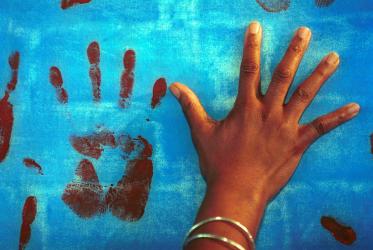In 2018 we celebrate the 70th anniversary of the World Council of Churches. In order to create a lively firsthand account of the ecumenical fellowship and of our shared journey, member churches have contributed stories of people, events, achievements and even failures, all of which have deepened our collective search for Christian unity. This story was written by Olle Eriksson, a Namibian who worked for 35 years (1968 – 2003) with the Evangelical Lutheran Church in Namibia, Finnish Evangelical Lutheran Mission and Lutheran World Federation.
12 February 2018





